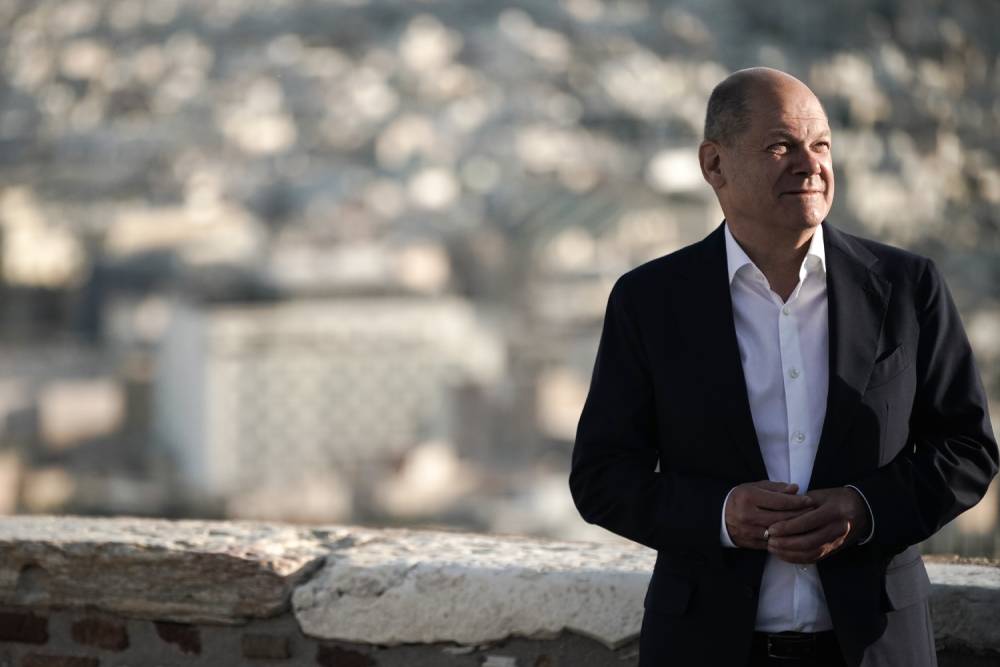
A year ago, then chancellor Angela Merkel visited Athens, on October 28. Olaf Scholz chose the eve of the national holiday, which refers to the most traumatic chapter of Greek-German relations: the Occupation in World War II. The memory must be cultivated, but this chapter is closed, says the social democratic chancellor, like his predecessors, for Greek claims that are still on the table.
Today the war has returned to the center of Europe. This time, Germany and Greece are on the same side – supporting Ukraine, utilizing a “circular exchange” of weapons to arm Ukraine. Chancellor Soltz characterizes the support as “exemplary”, in his exclusive interview with “NEA”newspaper on the occassion of his first visit to Athens.
It remains to be seen whether it will be the basis for other equipment agreements for Greece, which faces Turkey’s constant threats. The German chancellor does not share the direct comparison with the war in Ukraine. However,he sent a clear message to Erdogan: “Challenging the sovereignty of one NATO partner by another is not acceptable.” He offered to mediate, to the extent that Athens and Ankara deem it useful.
Differences exist between Athens and Berlin in the management of the energy crisis by the EU. But in the bilateral cooperation between Greece and Germany “more can be done” in all areas. And Mr. Schold is glad that this is exactly what he is discussing today with the Greek Prime Minister.
Mr. Chancellor, Germany and Greece are actively supporting Ukraine in the war against Russia, and in the context of the so-called “circular exchange”. What do you think of the Greek-German cooperation so far in support of Ukraine?
Our cooperation is close and full of trust – especially in relation to the joint support of Ukraine, it is even exemplary! I am especially grateful that we were able to jointly provide the Ukrainian armed forces with much-needed military equipment. Material, which can be used immediately. Through the “circular exchange” of armored vehicles, which we implemented with Greece, but also Slovakia, the Czech Republic and other countries, more than 100 armored vehicles can be delivered to Ukraine, which helps it a lot and directly.
Greece faces similar territorial claims from Turkey, as in the case of Ukraine. The tension with Turkey in the Aegean is intensifying, with open threats against Greece, which call into question the sovereignty of the Greek islands on the Greek – and therefore European – borders in the Eastern Aegean. Can Greece count on Germany’s support for this?
The conditions, in our view, cannot be compared and I would recommend avoiding such comparisons. However, one thing is true: It is not acceptable for one NATO partner to challenge the sovereignty of another. This also applies to more or less veiled military threats. Good neighborly relations between Greece and Turkey are important not only for the two countries, but also for the whole of Europe. The German federal government maintains that open issues between the two countries must be resolved through dialogue and on the basis of international law. Our common goal, our vision should be to exploit the entire economic potential of the Eastern Mediterranean region. For the good of all countries. To the extent deemed useful by those involved, Germany can contribute to this.

The energy crisis affects all EU countries. Your government has launched a gigantic support package of 200 billion euros. At the same time, it is reluctant to impose a ceiling on the price of natural gas in Europe, and for this it is strongly criticized by many EU partners, including Prime Minister Kyriakos Mitsotakis, for a lack of solidarity from Germany. Why isn’t Germany showing solidarity in the energy crisis?
Quite the contrary! Germany shows a lot of solidarity and this is exactly what the recent EU summit showed. Europe as a whole is suffering from the shortage and high prices of natural gas, and I am convinced: the crisis can only be overcome with solidarity. We need solutions that are functional and do not have a negative impact on Europe’s natural gas supply. We want to prevent speculative price rises in the market, which are often formed only for a few hours. We will allow natural gas suppliers to buy gas together. And we want to jointly buy a part of the natural gas that will be stored, so that the prices do not increase due to a supply competition. The reduction in natural gas prices must be permanent. We must not forget to save more energy in Europe and drastically accelerate the development of renewable energy sources.
You, Mr. Chancellor, as former German Federal Finance Minister, were instrumental in establishing the Reconstruction Fund, which is an effective EU tool to limit the economic and social impact of the Covid-19 pandemic. Why are you opposed to a similar EU tool to deal with the consequences of the energy crisis? If not used at a “tipping point” as you called it after the Ukraine war, then when?
In the current crisis, significant funds are available at the European level! And we can use them to address current challenges in economic and energy policy. So far, only around a fifth of the available funds have been disbursed from the ‘Next Generation EU’ Reconstruction Fund, which we launched during the German EU Presidency. Therefore, a large part of the funds to support investment and reforms by Member States -members remains available and can contribute to crisis response and ecological transformation in the energy sector. In addition, funds of over €200 billion are available from the REPowerEU programme, which can also be used in particular to speed up the energy transition and wean us off Russian energy imports.
Bilateral relations between Germany and Greece suffered particularly during the euro crisis in the previous decade. What can we expect for their improvement after your first visit to Athens?
The relations with Greece, in my opinion, are very good relations of trust, based on solid foundations. This is also shown by the specific forms of joint cooperation – in the field of economy, research or as partners in the EU and NATO. In all these areas, more can be done and I am happy to discuss exactly this with Prime Minister Mr. Mitsotakis.
However, the issue of war reparations remains a thorn. Germany considers this issue over, while Greece continues to insist on its claims. Would Germany be willing to discuss with Greece at least the “forced loan” of 1942, which was a loan agreement and its servicing had already begun then?
You are right – legally and politically the issue of reparations is closed. At the same time it is clear: Germans have committed terrible crimes. That’s why processing and memory are so important to us, and that’s why collaborating on education and memory programs is so important to me. I am especially grateful that Greeks and Germans today are connected by friendship and a partnership in Europe.
Latest News

DM Dendias: We talk With Turkey But We Always Bring Up Their Unacceptable Positions
Second and last day of closely watched conference, entitled 'Metapolitefsi 1974-2024: 50 Years of Greek Foreign Policy', also included appearances by PM Mitsotakis, Ex-PM Tsipras and PASOK leader Nikos Androulakis, among others

Rhodes Airport Tops Fraport Greece’s Regional Airports in 2024 Performance
According to Fraport's data, more than 35 million passengers (specifically 35.2 million) were handled by Fraport-managed airports during the 11 months.

European Central Bank Cuts Interest Rates by 25 Basis Points
It is the fourth cut of interest rates by Europe’s central bank, a move expected by the markets and financial analysts leading to the rate settling at 3%.

Airbnb: New Measures Add €600 in Extra Costs for Property Owners
Property managers face an immediate administrative fine of 5,000 euros if access to the inspected property is denied or any of the specified requirements are not met.

Economist: Greece Included in the Best Performing Economies in 2024
Meanwhile, Northern European countries disappoint, with sluggish performances from the United Kingdom and Germany.

EasyJet Expands Its Routes from Athens
The airline’s two new routes will be to London Luton and Alicante and they will commence in summer 2025.

Capital Link Forum Highlights Greece’s Economic Resurgence; Honors BoG Gov Stournaras
Capital Link Hellenic Leadership Award recipient, Bank of Greece Gov. Yannis Stournaras, an ex-FinMin, was lauded for his pivotal role during Greece’s economic recovery

Tourist Spending in Greece Up by 14%, Visa Card Analysis Shows
Greece’s capital Athens emerged as the most popular destination, recording a 17% increase in transactions with Visa cards, surpassing even the cosmopolitan island of Mykonos.

Inflation in Greece Unchanged at 2.4% in Nov. 2024
The general consumer price index (CPI) posted a 0.4% decrease in November compared to the previous month

2024 Christmas Holidays: Extended Shop Hours Schedule
The 2024 Christmas Holidays extended shop hours schedule commences on Thursday, December 12 and runs until the end of the year.



![Φυσικό αέριο: Δυναμικό come back του LNG στην Ελλάδα [γραφήματα]](https://www.ot.gr/wp-content/uploads/2023/01/OT_naturalgas-90x90.jpeg)












![Fraport: Πάνω από 35 εκατ. επιβάτες στα αεροδρόμια το 11μηνο – Πτώση στη Μύκονο [πίνακας]](https://www.ot.gr/wp-content/uploads/2022/06/fraport-90x90.jpg)










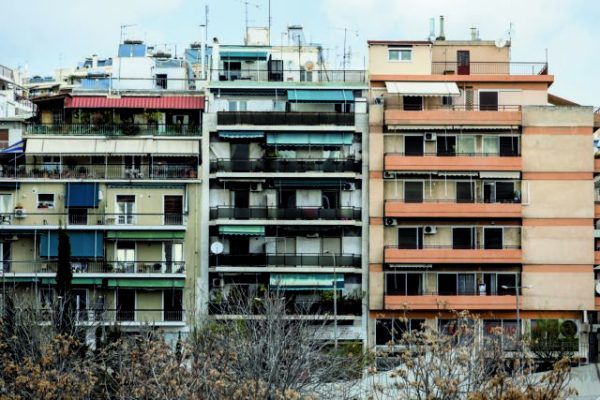



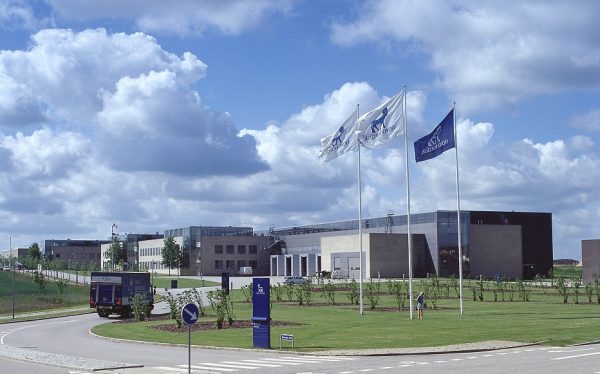

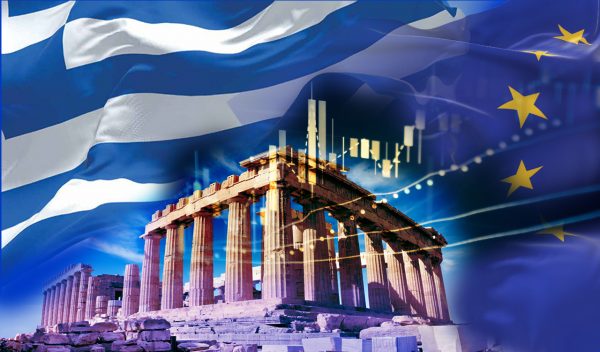
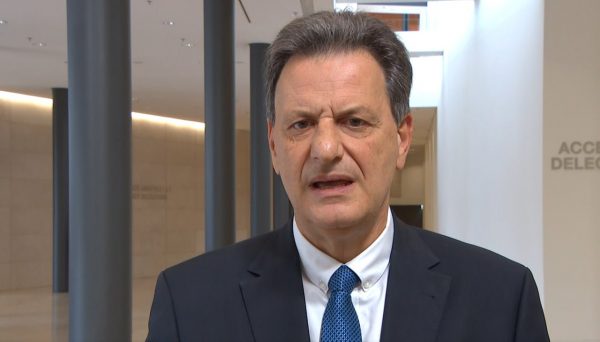
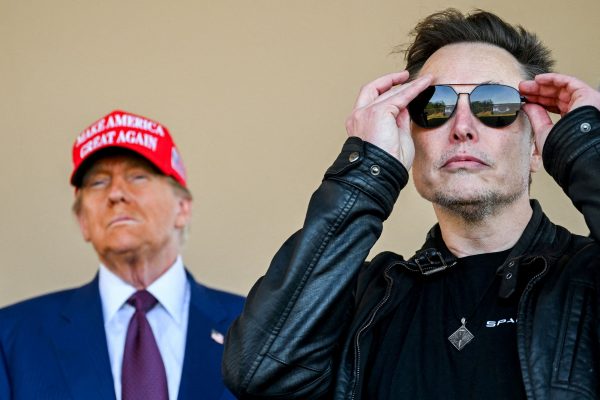







 Αριθμός Πιστοποίησης Μ.Η.Τ.232433
Αριθμός Πιστοποίησης Μ.Η.Τ.232433